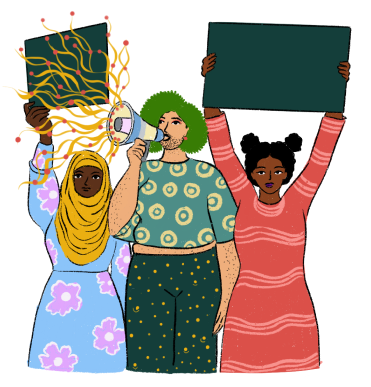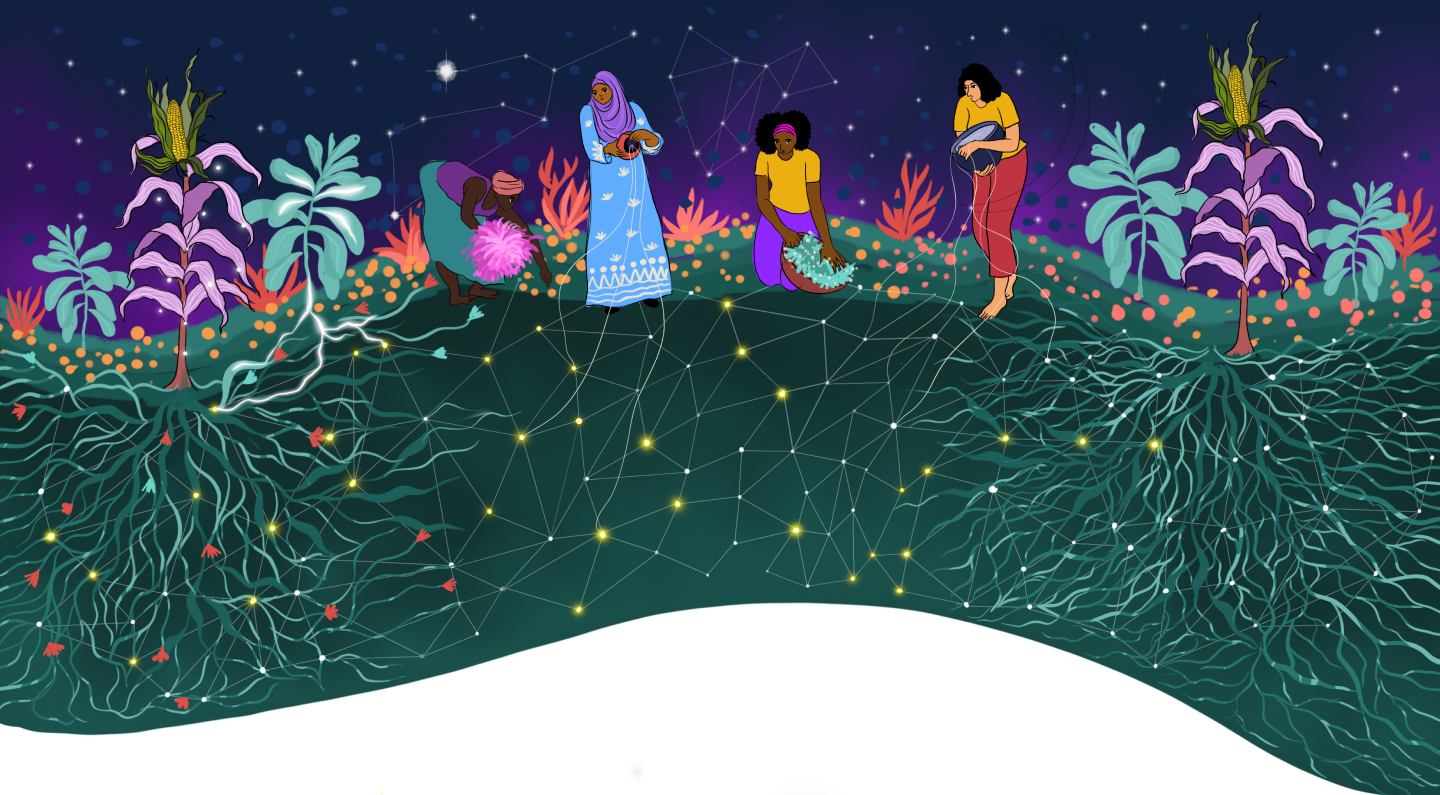WGNRR denounces anti-homosexuality law in Uganda

WGNRR denounces the newly signed anti-homosexuality law in Uganda and calls for the protection of the human rights of LGBTQI people and defenders
As a network of more than 1,000 members advocating, promoting and defending sexual and reproductive rights worldwide, especially of those who are most marginalized, the Women’s Global Network of Reproductive Rights (WGNRR) calls on President Yoweri Museveni to repeal the Anti‐Homosexuality Law, signed by the President on February 24th, 2014 and intended to go into effect immediately. WGNRR urges the government of Uganda to uphold the country’s human rights obligations under international law, which require Ugandan authorities to protect LGBTQI people from violence, discrimination, and other human rights violations.
The newly signed Anti‐Homosexuality Law will reinforce stigma and prejudice through the institutionalization of discrimination against the LGBTQI community. It will also have a detrimental effect not only on the fundamental rights of LGBTQI members of Ugandan society but also on the work of human rights defenders and efforts to address HIV/AIDS in the country. Moreover, the newly signed law will circumscribe and exclude them from participation in public life, which goes against the inclusive spirit necessary for Ugandan economic as well as political development. The spirit of the law is profoundly undemocratic and un‐African, and stands in violation of Ugandans’ basic human rights.
Furthermore, the law sets a dangerous precedent, signalling that any Ugandan’s privacy is subject to violation, that all of civil society could be at risk of attack, and that the work of all human rights defenders and civil society members in Uganda is endangered. Women human rights defenders who work on sexual and reproductive rights issues are particularly at risk of grave consequences, as they are often perceived to be “challenging accepted socio‐cultural norms, traditions, perceptions and stereotypes about femininity, sexual orientation, and the role and status of women in society,” as said by several United Nations Special procedures. 1
The law’s provisions stand in clear violation of the rights to liberty, privacy, non‐discrimination, freedom of expression, peaceful assembly and association, all of which are protected by the Constitution of Uganda, the Universal Declaration of Human Rights, the International Covenant on Civil and Political Rights, and the African Charter on Human and Peoples’ Rights. By ratifying the above international and regional treaties and entering the international community, the Ugandan government has undertaken the obligation to promote and protect the human rights of its population, without discrimination on any grounds. In this sense, we would like to reiterate the words of the Office of the High Commissioner for Human Rights in its report on “Discriminatory laws and practices and acts of violence against individuals based on their sexual orientation and gender identity.” This report, which is based on human rights standards and was developed in response to alleged human rights violations resulting from laws similar to the aforementioned law in Uganda, establishes that:
“The criminalization of private consensual homosexual acts violates an individual’s rights to privacy and to non‐discrimination and constitutes a breach of international human rights law. […] the Human Rights Committee found that ‘adult consensual sexual activity in private is covered by the concept of “privacy”‘ under the International Covenant on Civil and Political 1 See E/CN.4/2001/94, para. 89 (g), and A/HRC/16/44 WGNRR is a southern-based global network that builds and strengthens movements for sexual and reproductive health, rights (SRHR) and justice. It is not a funding organisation. WGNRR has a consultative status with ECOSOC. www.wgnrr.org www.facebook.com/WGNRR www.twitter.com/WGNRR Rights. According to the Committee, it is irrelevant whether laws criminalizing such conduct are enforced or not; their mere existence continuously and directly interferes with an individual’s privacy.71 […T]he Committee, other treaty bodies and special procedures have repeatedly urged States to reform laws criminalizing homosexuality or sexual conduct between consenting adults of the same sex, 72 and have welcomed their repeal.73″2 […]
“Special procedures have raised concerns regarding restrictions on freedom of expression – including direct censorship, bans on dissemination of information and restrictions on legitimate advocacy – purportedly justified on grounds of alleged threats to public health, morality or State security.126 Restrictions on information on sexual orientation, including those allegedly intended to protect ‘public decency,’ can have a deleterious impact on public health efforts, including in relation to transmission of the HIV virus.127″3 […]
“The Human Rights Committee has held that States are not required, under international law, to allow same‐sex couples to marry.131 Yet, the obligation to protect individuals from discrimination on the basis of sexual orientation extends to ensuring that unmarried same‐sex couples are treated in the same way and entitled to the same benefits as unmarried opposite‐sex couples.132
We therefore urge the President and the Government of Uganda to:
- Repeal the newly signed Anti‐Homosexuality Law, which establishes a new and totally undemocratic level of policing private life.
- Continue to respect and fulfil Uganda’s international and regional human rights obligations, furthering the growth of democracy and non‐discrimination.
- Conform its domestic laws to the international treaties and human rights standards to which Uganda has committed, thereby helping to ensure recognition and respect of universal human rights.
Take all urgent and necessary measures to:
- Leave this law without effects immediately
- Ensure the effective protection of LGBTQI individuals and women human rights defenders from violence and discrimination;
- Ensure that the human rights and dignity of all people in Uganda are respected; and
- Repeal colonial‐era anachronistic provisions of the Penal Code that criminalise consensual same‐sex relationships.
It is high time for the Ugandan LGBTQI community to live a life free from violence and discrimination!
For more information please contact: Nondo E. Ejano, Program Officer Africa

